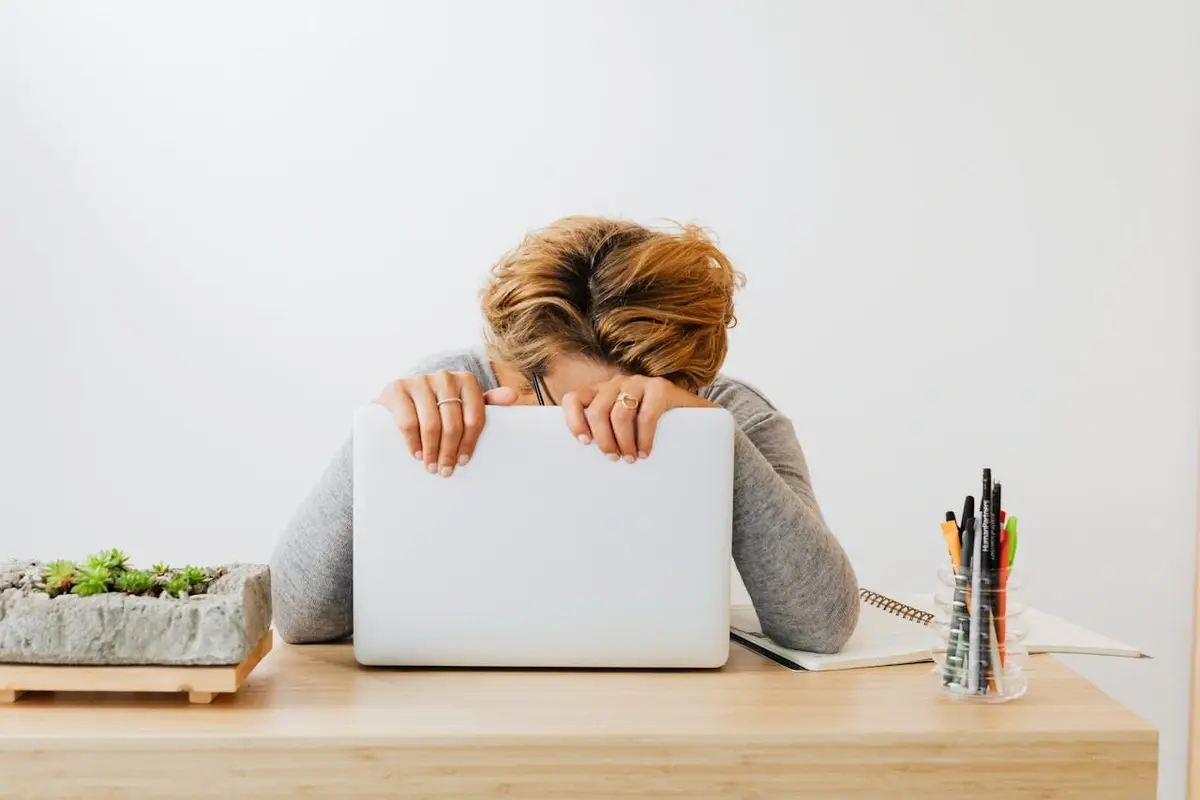 Afternoon fatigue is a familiar feeling for most people: around 1:30 PM, productivity takes a nosedive. Experts explain that this drop is influenced by two factors—our natural biorhythm and what’s known as “sleep pressure,” which increases throughout the day. A study involving two thousand office workers confirmed that the most significant slump occurs between 1:27 PM and 2:06 PM.
Afternoon fatigue is a familiar feeling for most people: around 1:30 PM, productivity takes a nosedive. Experts explain that this drop is influenced by two factors—our natural biorhythm and what’s known as “sleep pressure,” which increases throughout the day. A study involving two thousand office workers confirmed that the most significant slump occurs between 1:27 PM and 2:06 PM.
Food Matters
Your diet can either help or worsen the situation. Sugary foods and products made with white flour cause a sharp spike in blood , followed by an equally steep drop in energy. Professor Saya Krupa Das from Tufts University recommends swapping out cupcakes and sweet yogurts for fiber-rich and protein-packed options. A great example is oatmeal or plain with berries, which provide sustained energy.

Movement Against Sleepiness
Another proven way to combat the slump is to get up and move around. A short walk, even for just a few minutes, boosts circulation and enhances concentration. Italian researchers have shown that regularly breaking up prolonged with physical activity significantly increases energy expenditure and positively impacts health.
When to Be Concerned
In most cases, the afternoon slump is a natural phenomenon that can be easily managed with healthy sleep, nutrition, and movement. However, if daytime drowsiness is so intense that you find yourself dozing off unexpectedly, doctors recommend consulting a specialist: this could be a sign of an underlying health issue. As noted by the Daily Mail, even simple changes in habits can help restore energy and reduce the risk of chronic problems.
Photo: pexels.com

